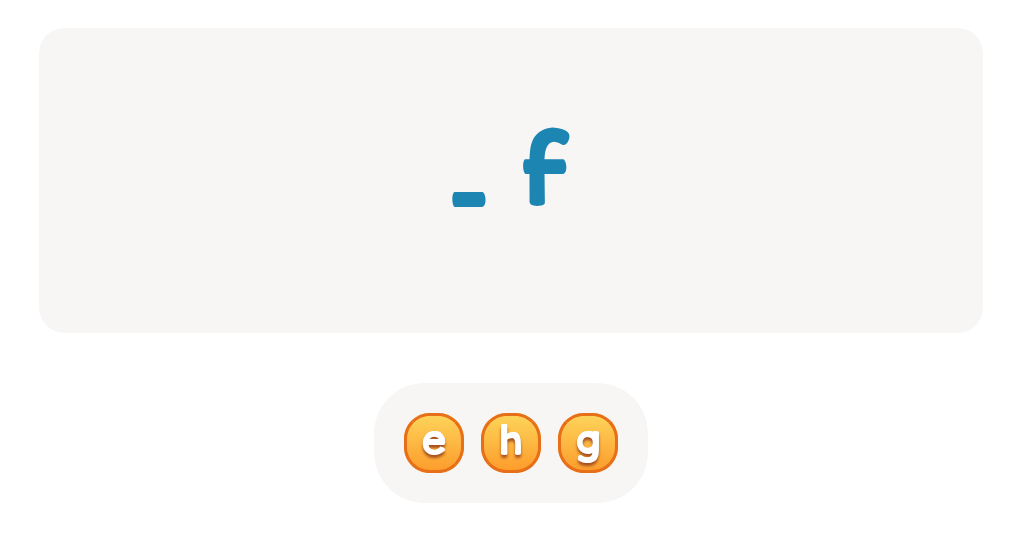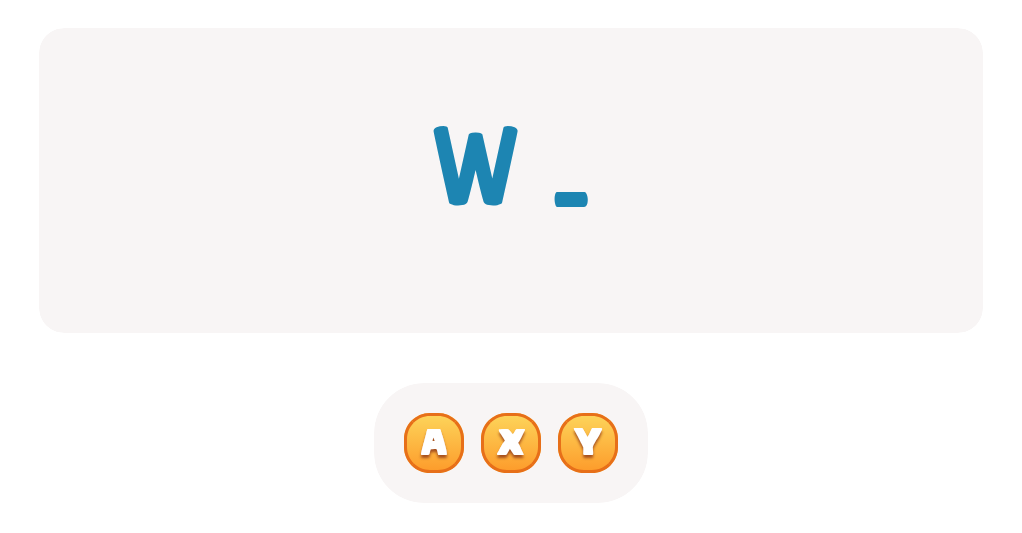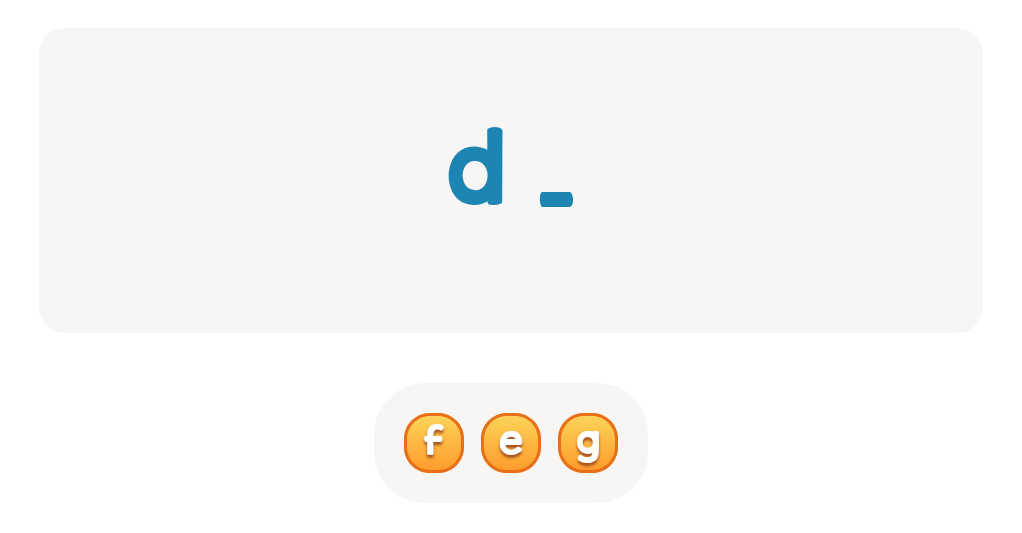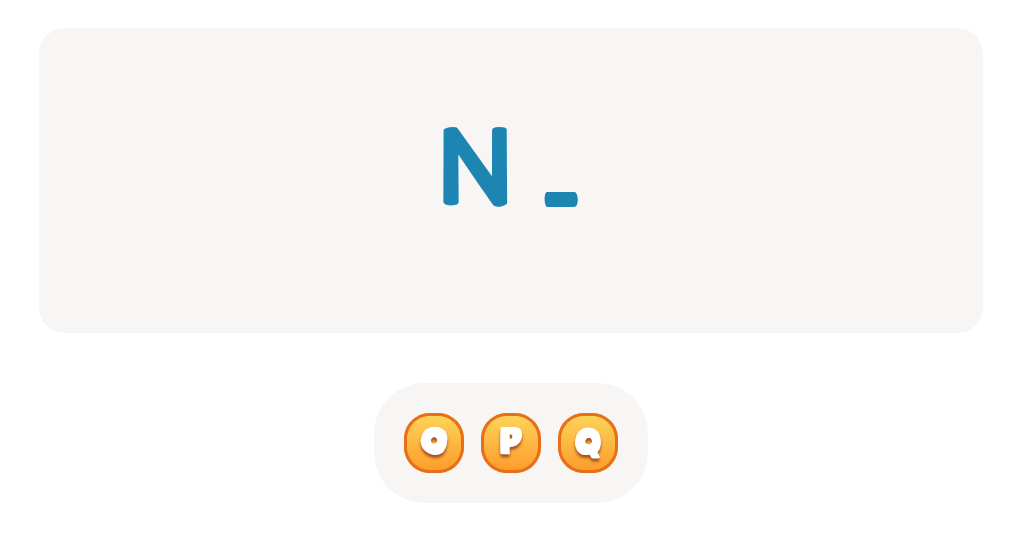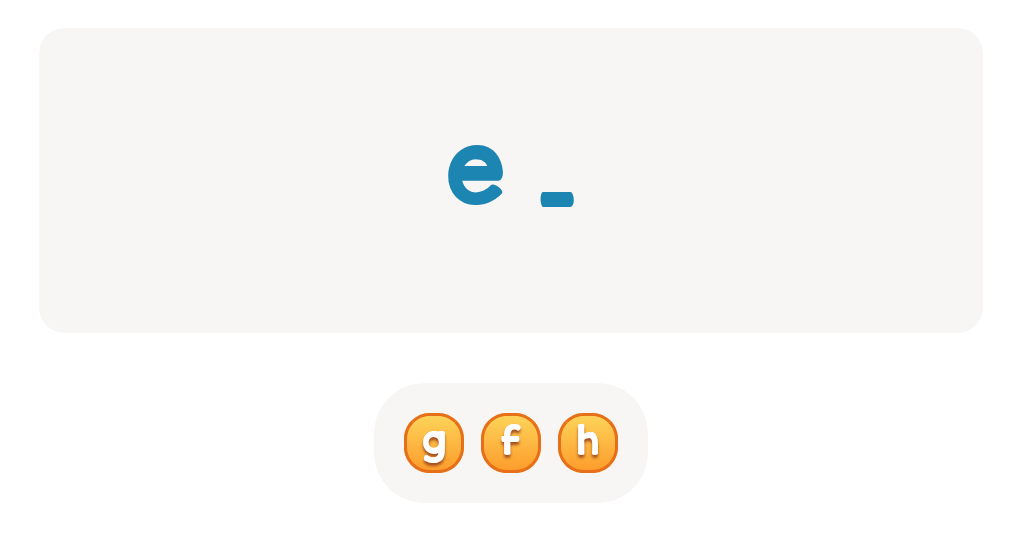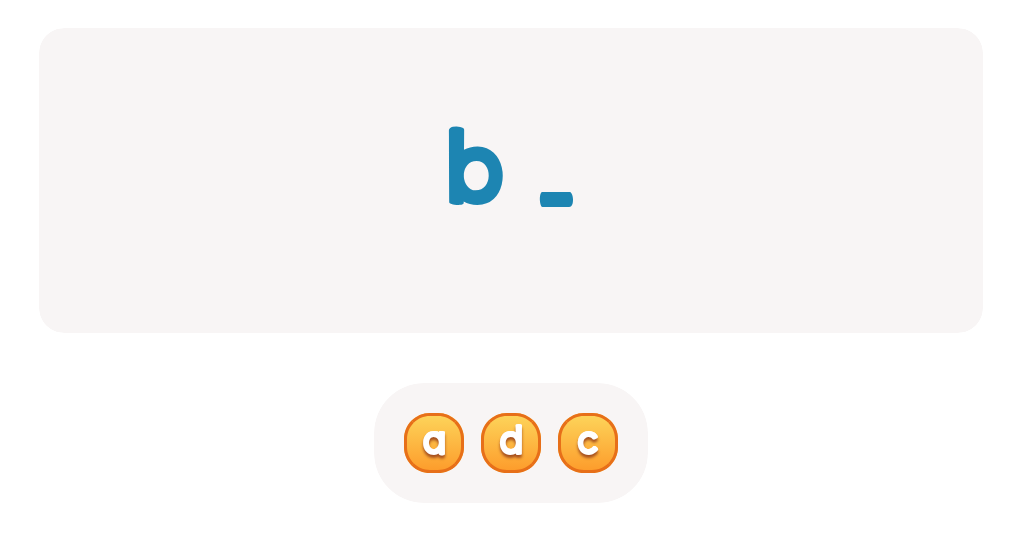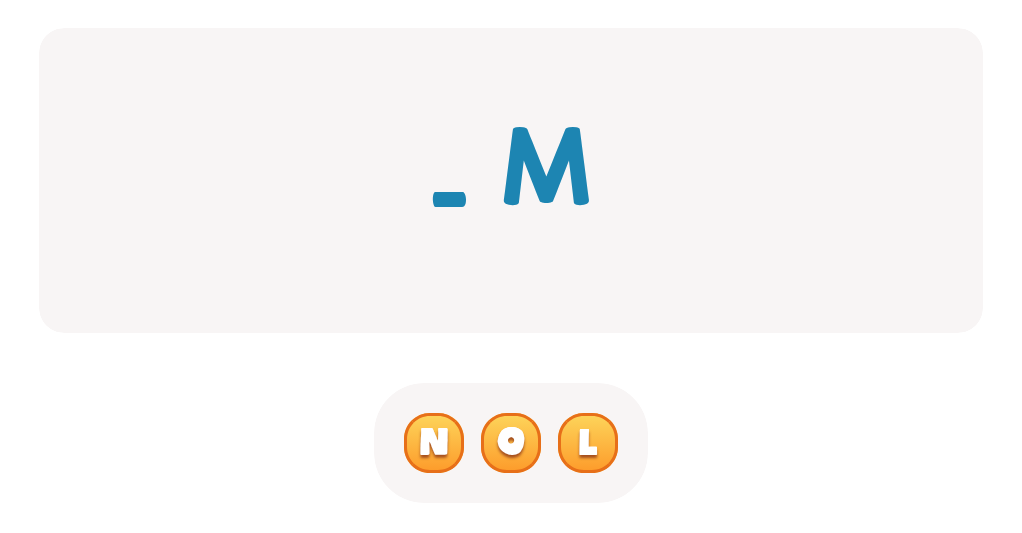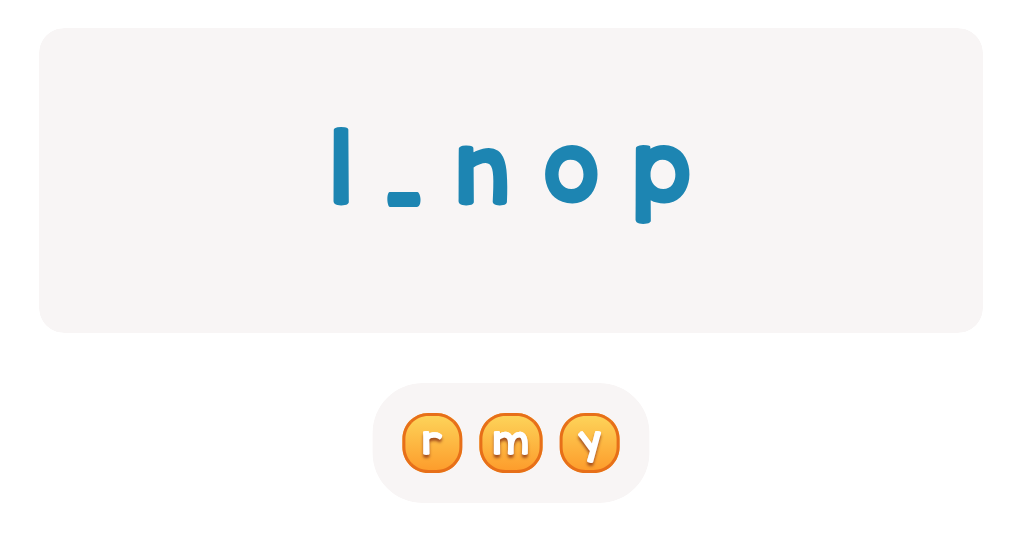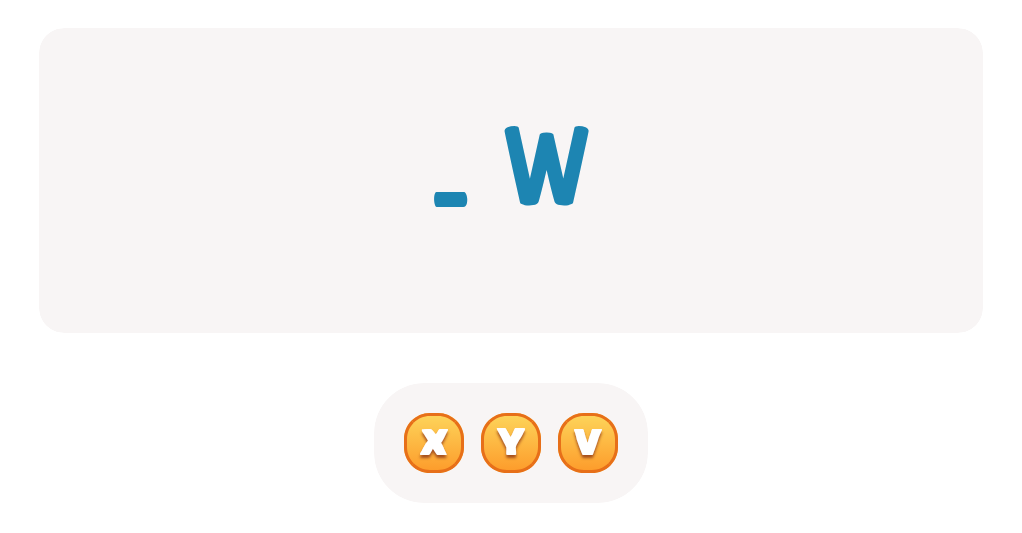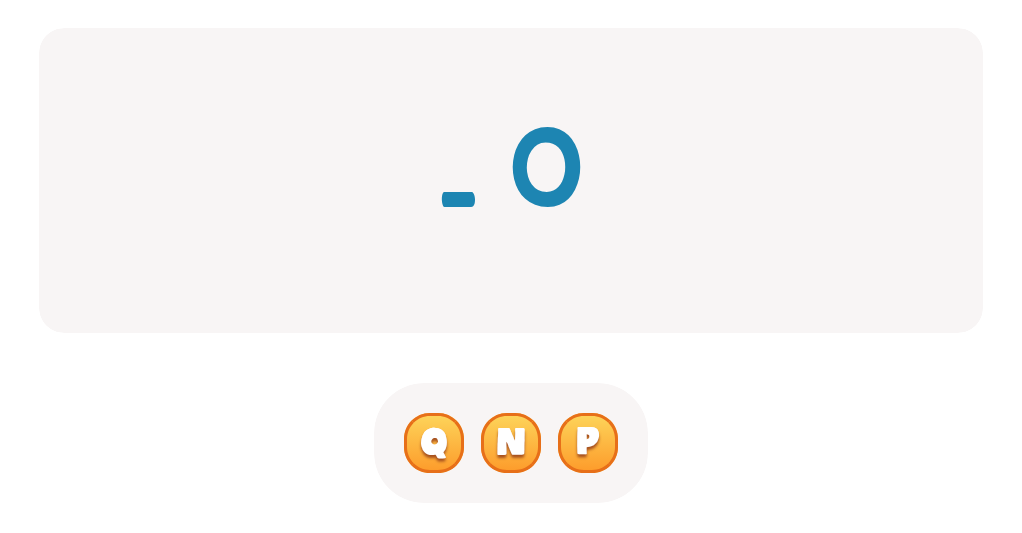Alphabetical order understanding Normal ABC Letters Worksheets for Ages 5-8
3 filtered results
-
From - To
Discover our engaging "Alphabetical Order Understanding Normal ABC Letters Worksheets" designed for children ages 5-8. These interactive worksheets provide a fun and effective way for young learners to grasp the concept of alphabetical order. Through a variety of activities, students will enhance their letter recognition and sequencing skills while developing a foundational understanding of organizing words. Perfect for both classroom and at-home learning, these worksheets cater to diverse learning styles and make mastering the alphabet enjoyable. Foster your child’s confidence and literacy skills with our thoughtfully crafted materials that promote early reading and comprehension abilities. Join us in making learning an exciting adventure!
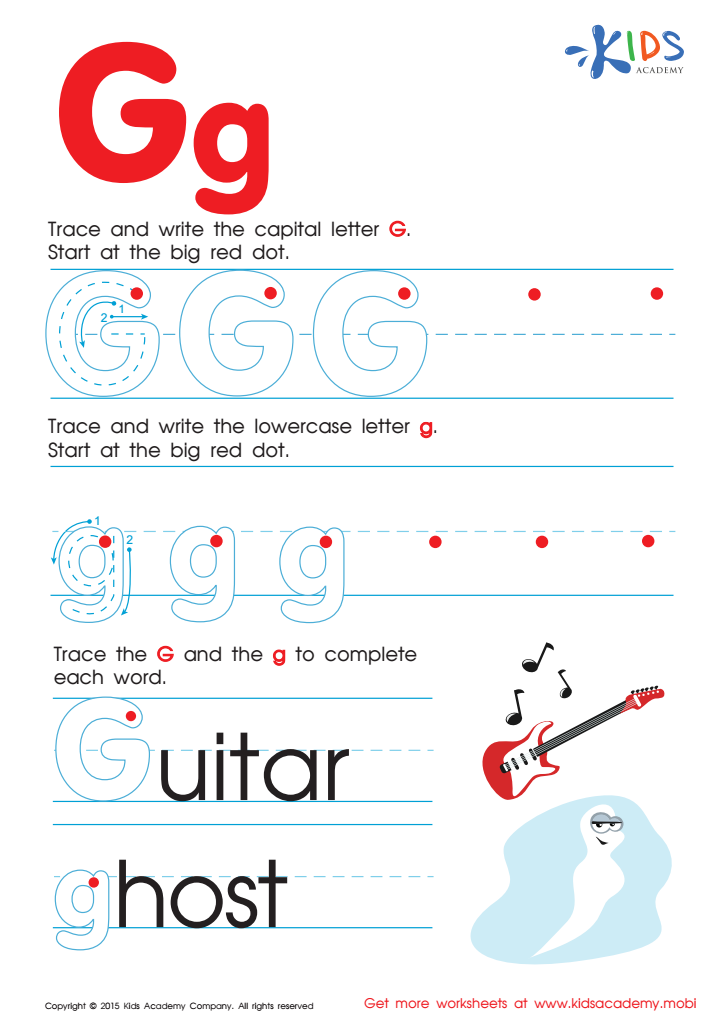

Letter G Tracing Page
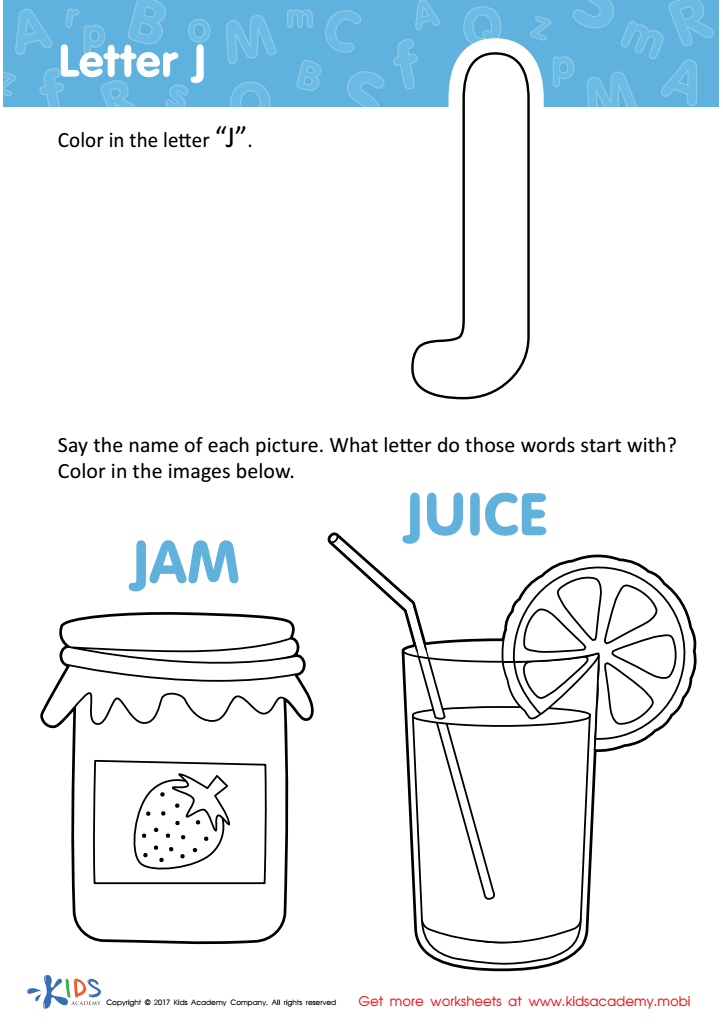

Letter J Coloring Sheet
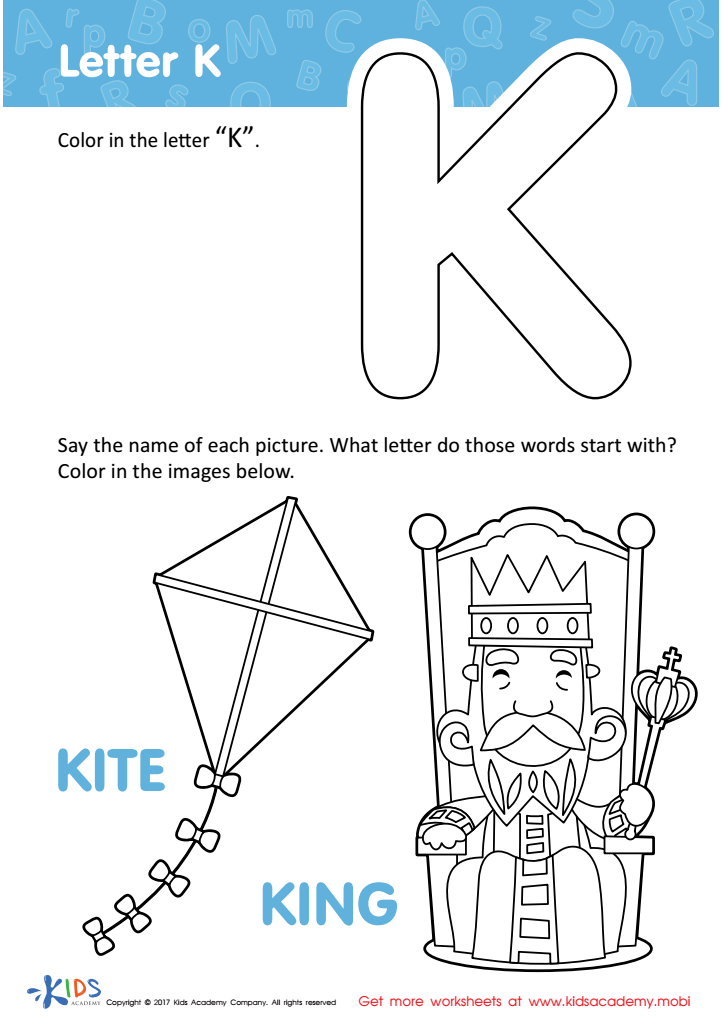

Letter K Coloring Sheet
Understanding alphabetical order is essential for children aged 5-8 as it forms the foundation for numerous literacy skills and cognitive development. At this age, children are beginning to read and write independently, so familiarity with the alphabet helps them organize information and enhances their ability to find words quickly, especially in dictionaries and on labels in books, making reading comprehension more accessible.
Moreover, recognizing the sequence of letters not only aids in spelling but also boosts vocabulary acquisition. When children grasp the concept of alphabetical order, they learn how to categorize words, fostering a sense of structure that translates across different subjects. For example, it assists in categorizing nouns, enhancing their understanding of language.
Parents and teachers should prioritize teaching alphabetical order as it nurtures critical thinking skills. By understanding how to sort items, children can engage in activities that require sorting and classifying, enabling them to develop analytical skills early on. Ultimately, fostering an understanding of alphabetical order lays the groundwork for future academic processes, instilling confidence in children as they navigate their learning environments. This foundational skill is not just about letters; it's about empowering children to engage with the world of knowledge more effectively.
 Assign to My Students
Assign to My Students
